The golden age of entertainment is long past. From the 1920s to the 1960s, classics such as “Casa Blanca” and “Sunset Boulevard” stand out as highly influential films of the era. In comparison, the 2010s and 2020s have struggled to reach the same level of authenticity and quality, largely because popular franchises and social media dominate the cinema landscape. Shows like “My Life With the Walter Boys” and “Love Island” still seem to garner attention and even cult followings, despite their weak plots and shallow character development.
There’s nothing wrong with enjoying a cliché rom-com or tacky reality TV show –– for many, it’s a way to wind down after a stressful day and escape real life pressures. However, when “comfort trash” begins to dominate the entertainment scene, a problem arises: Fans start settling for flat characters, shaky plots and cringeworthy acting, lowering overall standards in the film industry. Instead of designing rich and textured narratives, authentic characters and elaborate plotlines, directors now manufacture entertainment for instant gratification, rather than true connection.
The film industry weaponizes our attention spans because it works. If unoriginal shows weren’t so profitable, strong storytelling wouldn’t be sidelined. Their dominance extends far beyond the comfort predictability brings. The article “Binge Watching and Your Health,” published by Northwestern Medicine, discusses this idea. The author notes that binge watching triggers dopamine release in your brain, creating an addictive quality similar to recreational drugs. This dopamine driven cycle encourages viewers to overlook flaws in poorly-made films, fueling the continued production of bad entertainment.
Rather than designing a show with thoughtfully fabricated storylines and nuanced emotional growth, producers simply disregard both, choosing to instead make the plot escalate continuously. In “My Life With the Walter Boys” this is evident from the very first season: It starts off with Jackie, the main character, leaving New York and ends with a questionable confession of love and the Walter family’s ranch in shambles, allowing little room for plot evolution and growth.
This kind of shallow storytelling doesn’t just weaken individual shows — it impacts how audiences view entertainment as a whole.
“It’s devaluing great media, because it’s just a cash grab,” said Summit junior Madeline Huffman.
This problem is compounded by directors and producers who are afraid to take risks. Some of the best movies, like “The Breakfast Club,” “Pulp Fiction” and “The Matrix,” are examples of risk-taking and creativity paying off. On the other hand, the countless remakes of pre-existing movies, like “Batman” or “Dracula” have been overdone and often feel repetitive.
Summit senior Isaiah Crossman noted how “it’s definitely getting people into the theaters with unoriginal concepts that ruin the aspect of film making because you’re not taking anything new. You’re just using what you already have and slapping a new coat of paint on it.”
Ultimately, the current state of cinema reveals a pattern of risk-aversion, repetition and instant gratification. While audiences may enjoy mindless binge-watching for a temporary escape, they don’t realize that these habits reinforce the authority of shallow plots, predictable characters and uninspired storytelling — leaving modern films far from the authenticity of classics like “The Breakfast Club” and “The Matrix.” If producers and directors embraced the risk of filmmaking and innovation, our current entertainment landscape wouldn’t be so dull and barren. Films could once again inspire, spark creativity and diffuse diverse, rich narratives into people’s lives.
Until audiences stop settling, the industry is likely to continue prioritizing overused and repetitive tropes. We’ll keep getting more shows like “My Life with the Walter Boys,” and fewer stories that challenge, inspire and withstand the test of time.


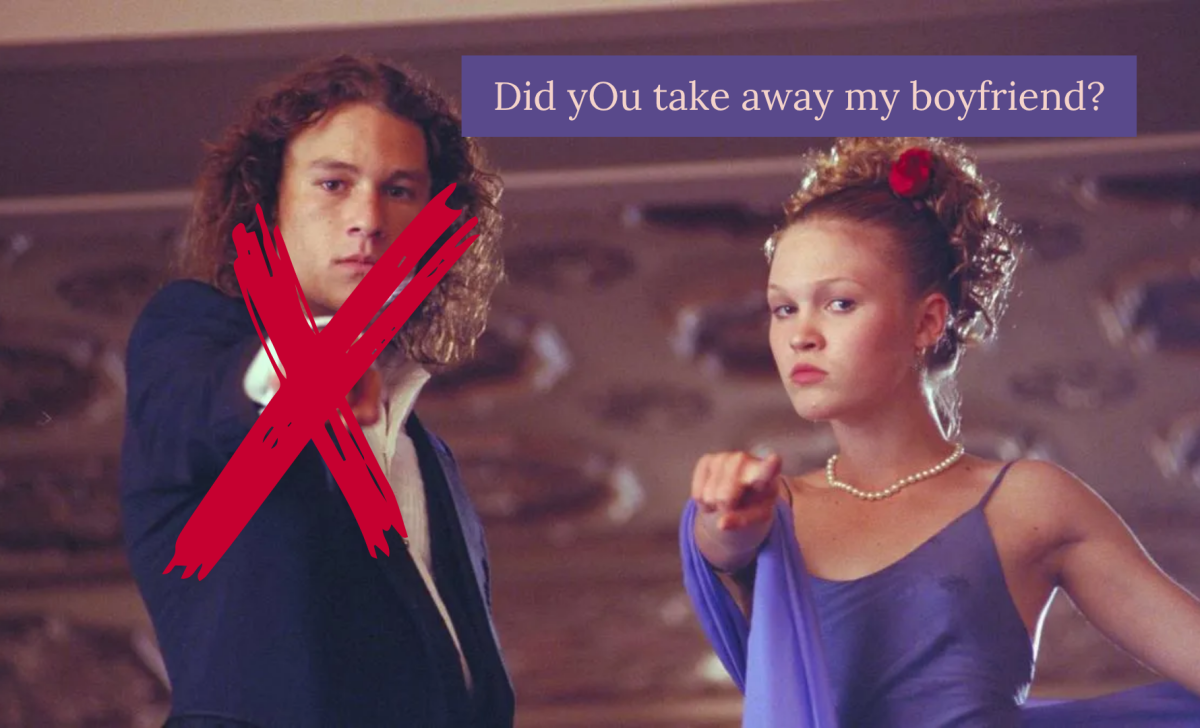

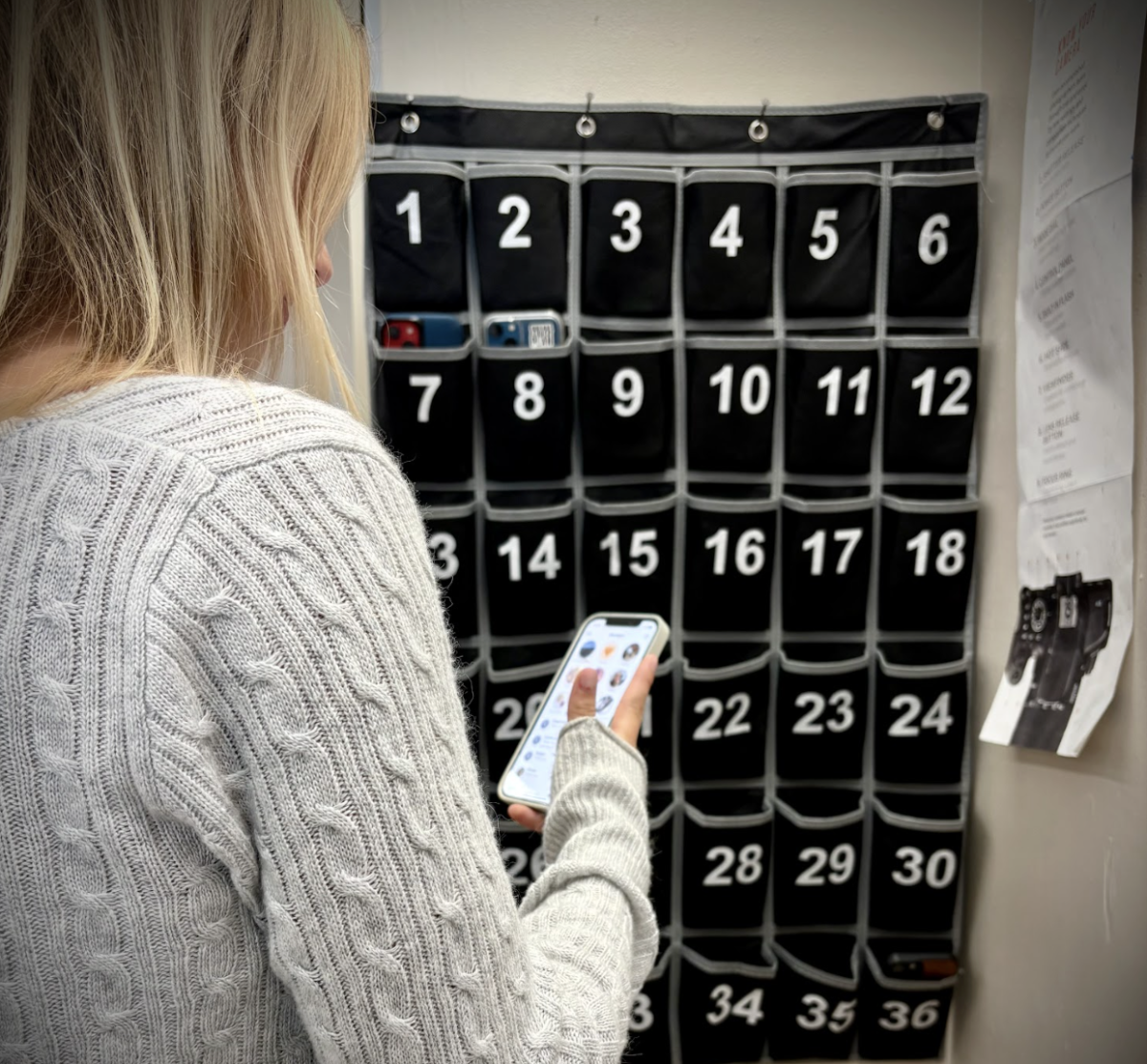









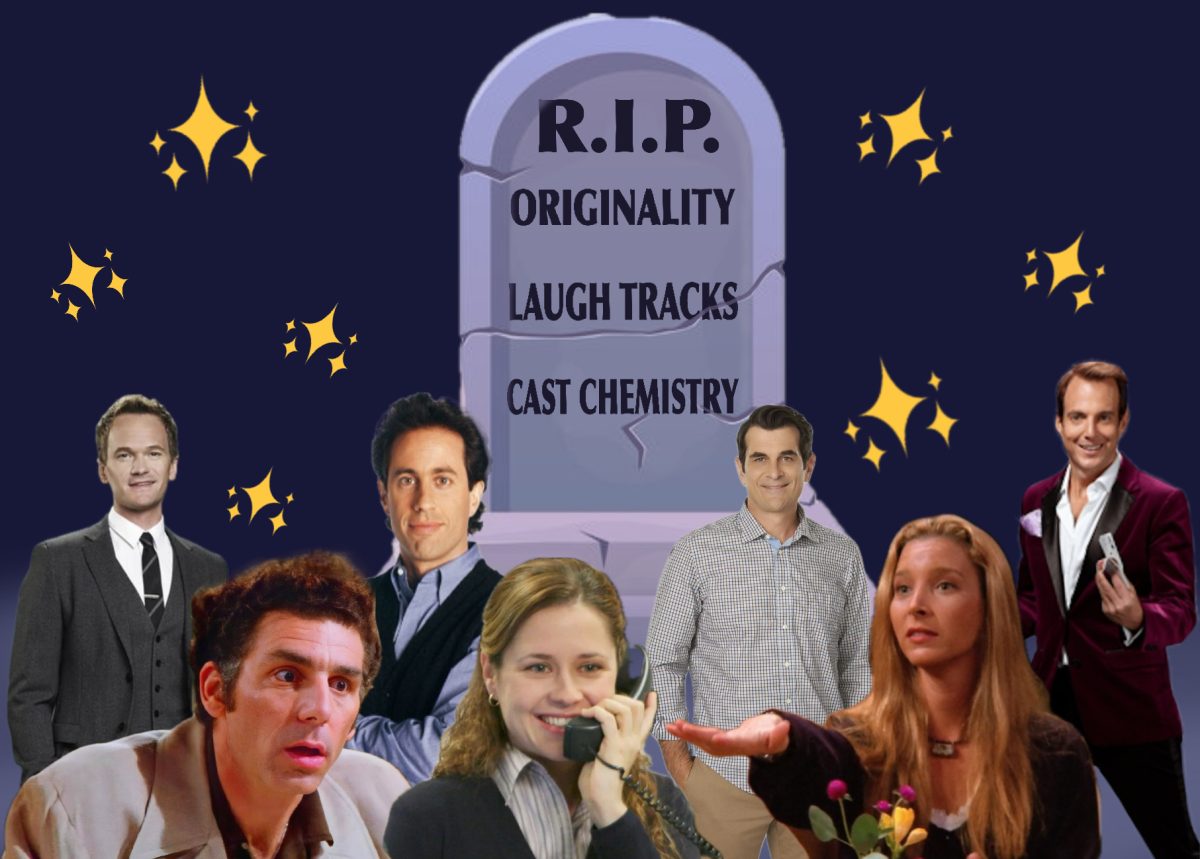
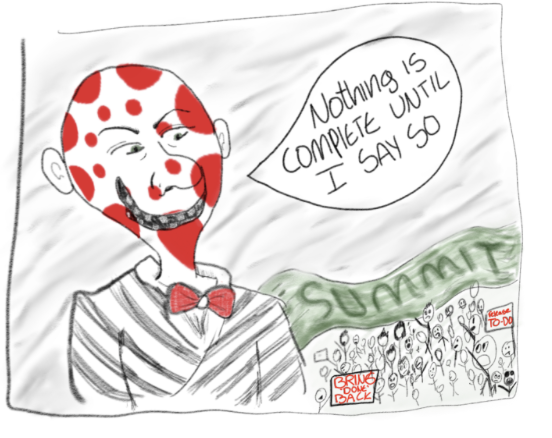









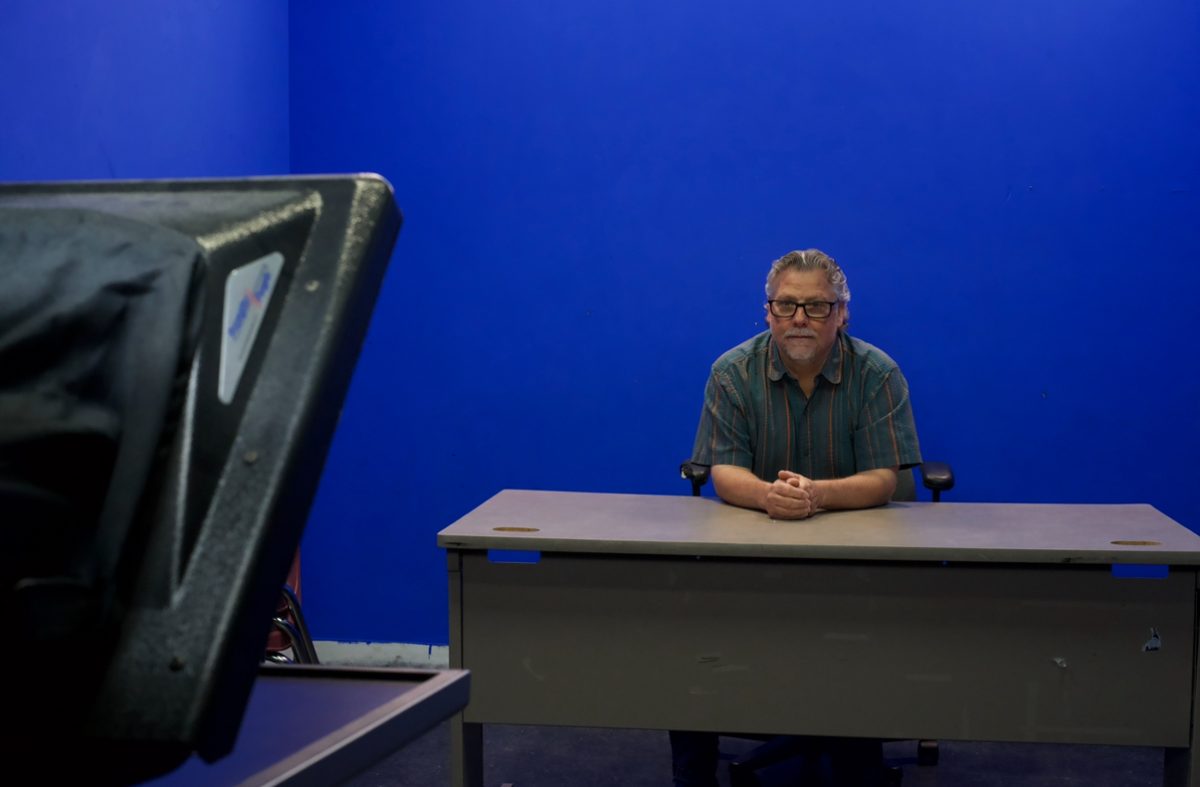







Mackenzie Scott • Sep 24, 2025 at 11:23 am
Yay Lucy! Great POV. Nice quote by Madeline.